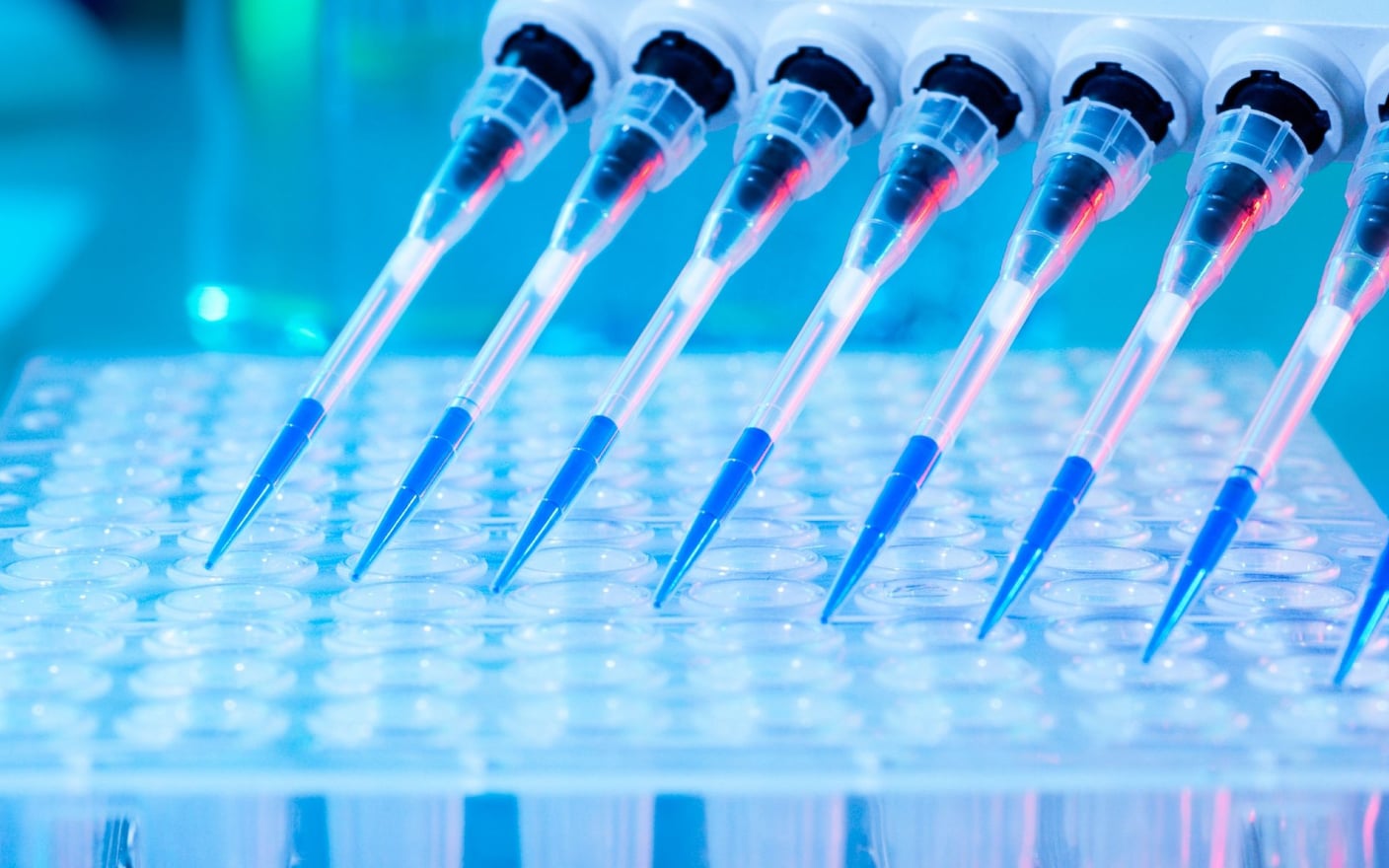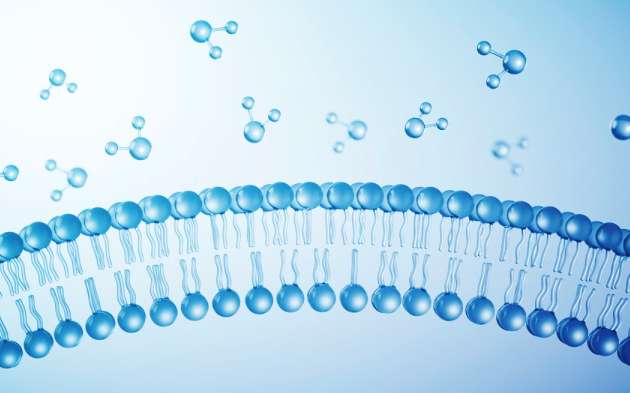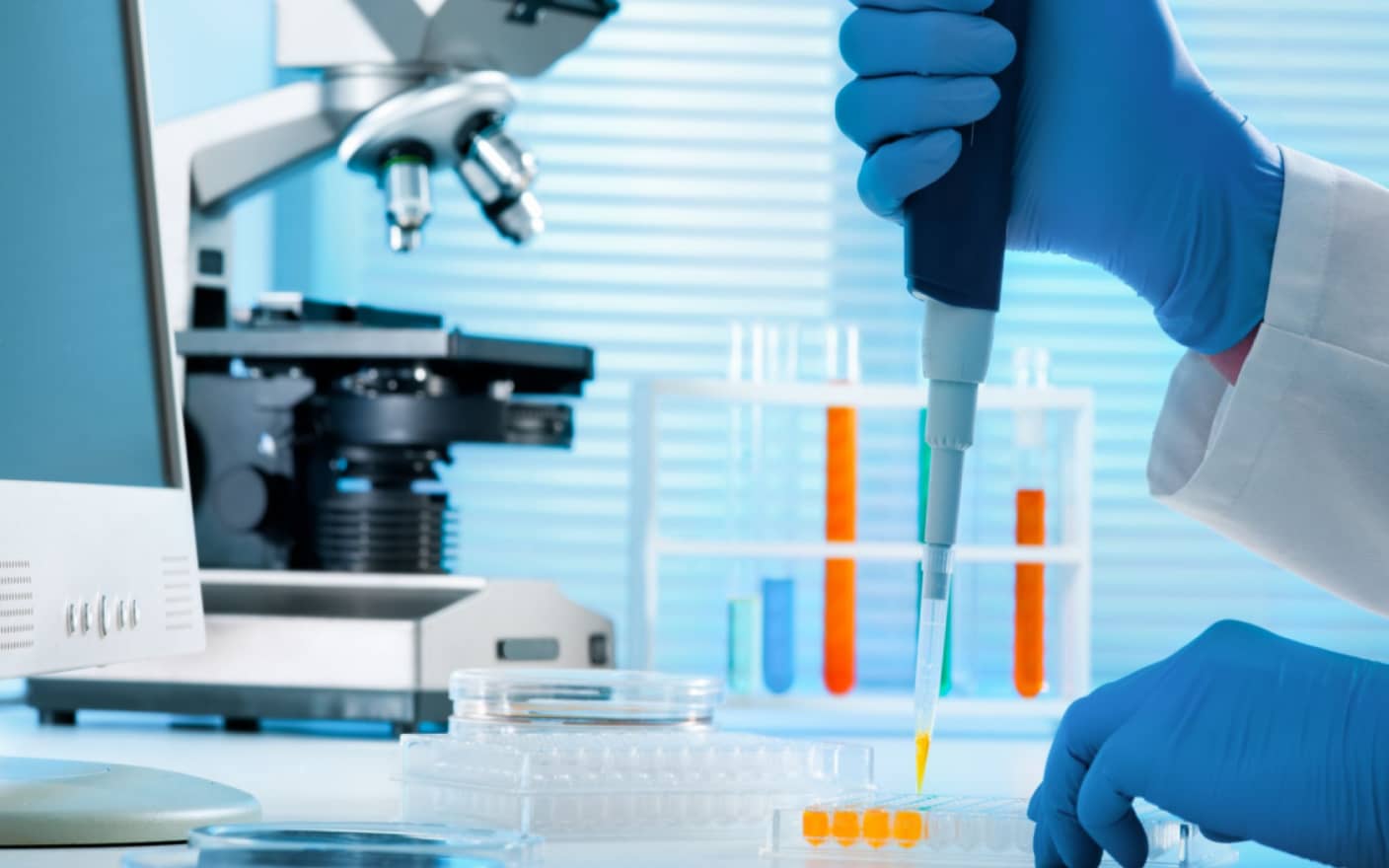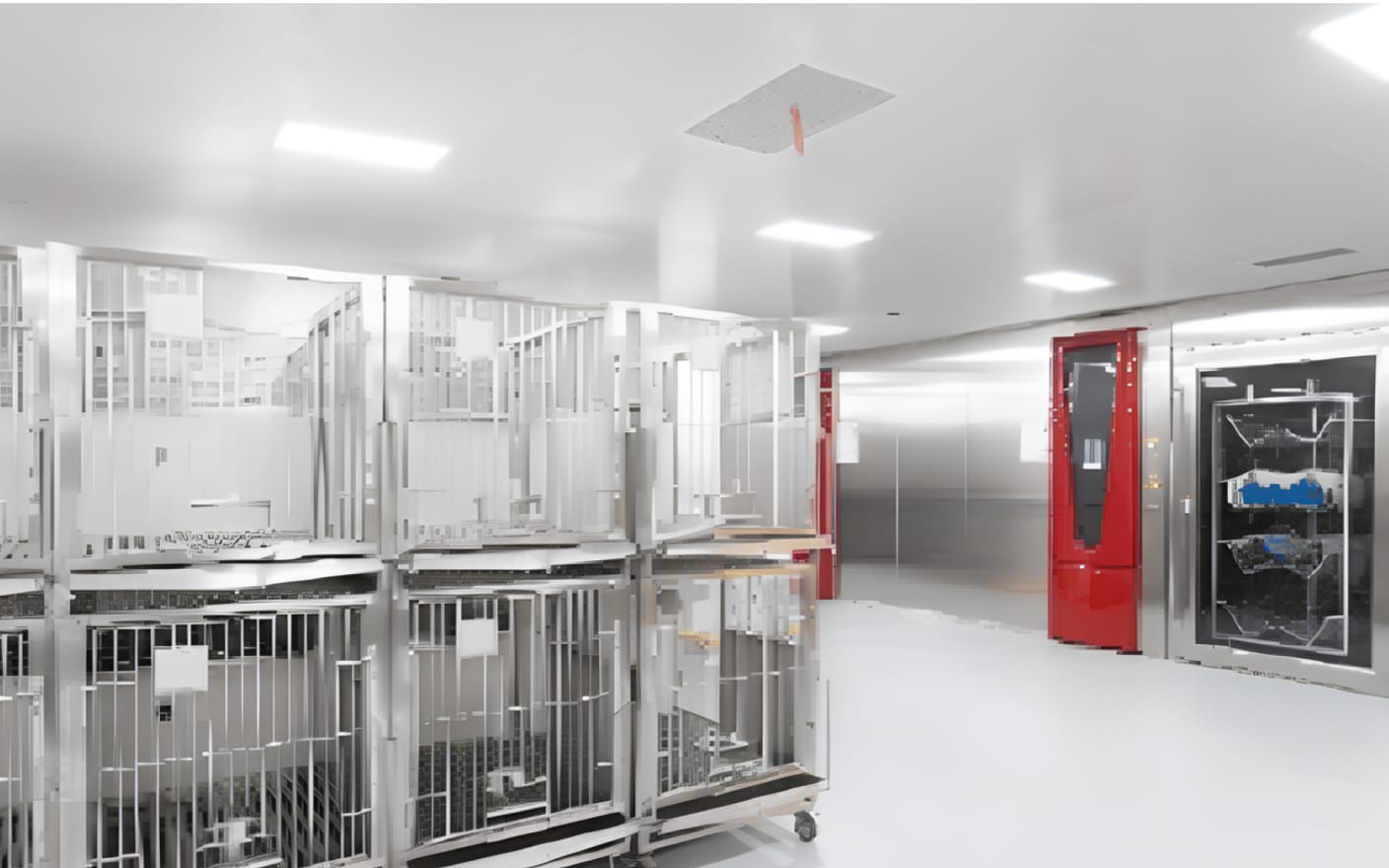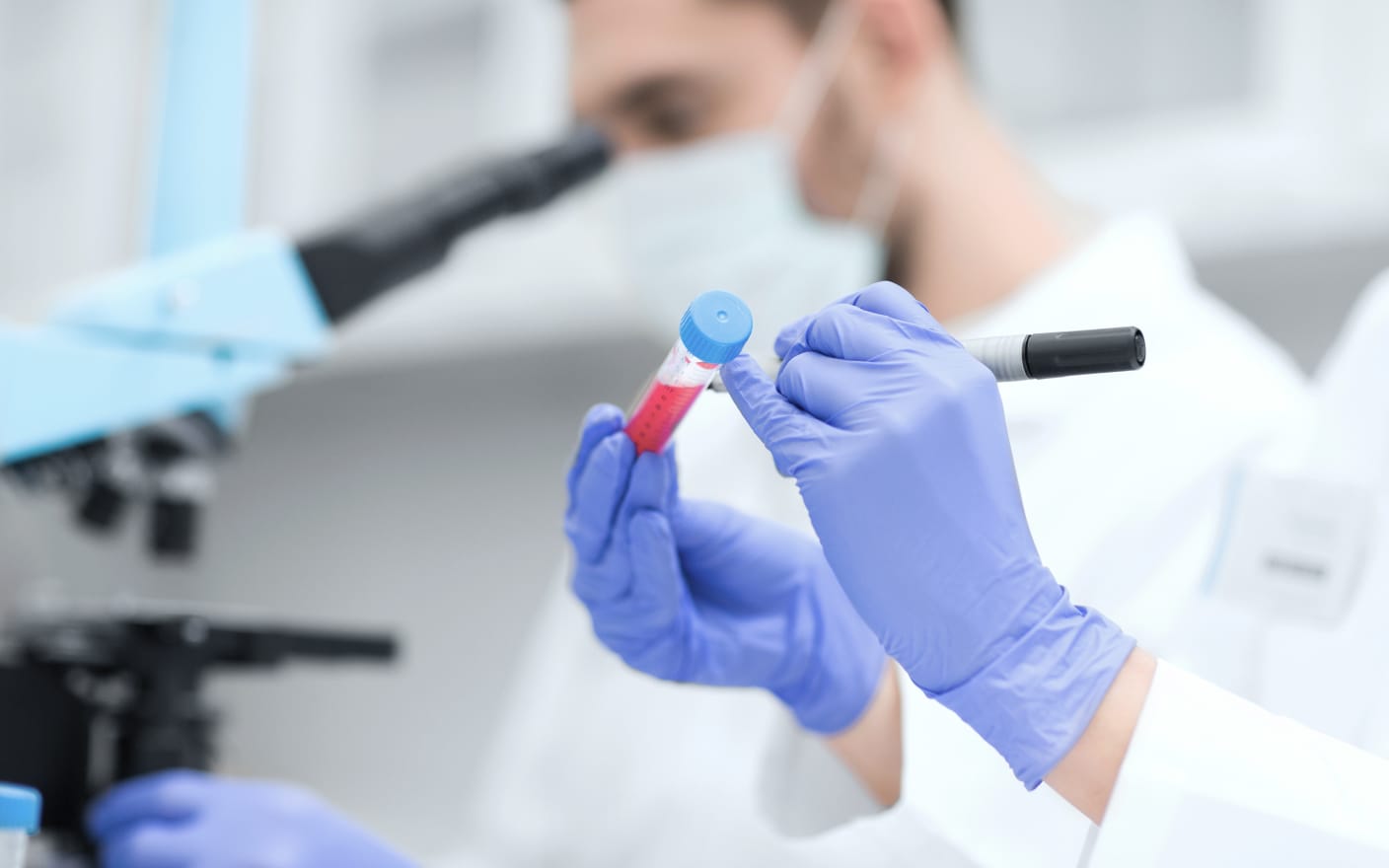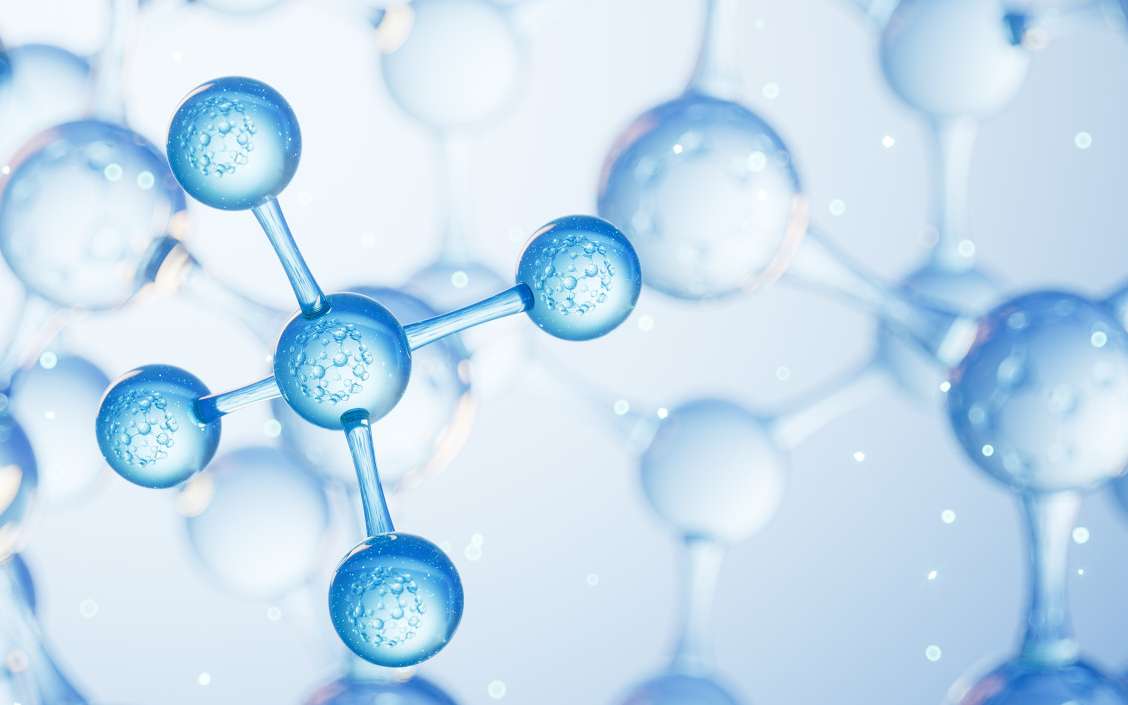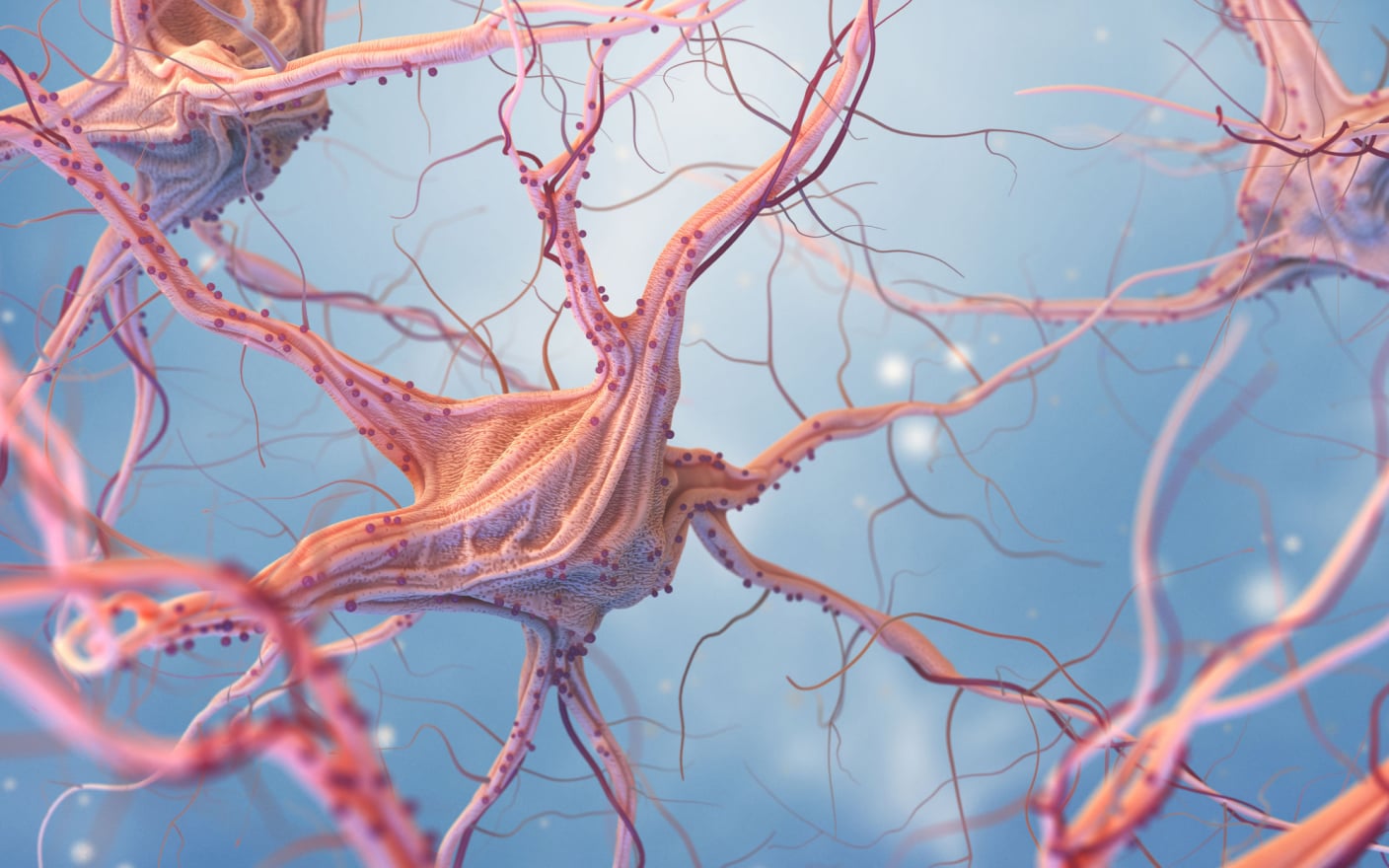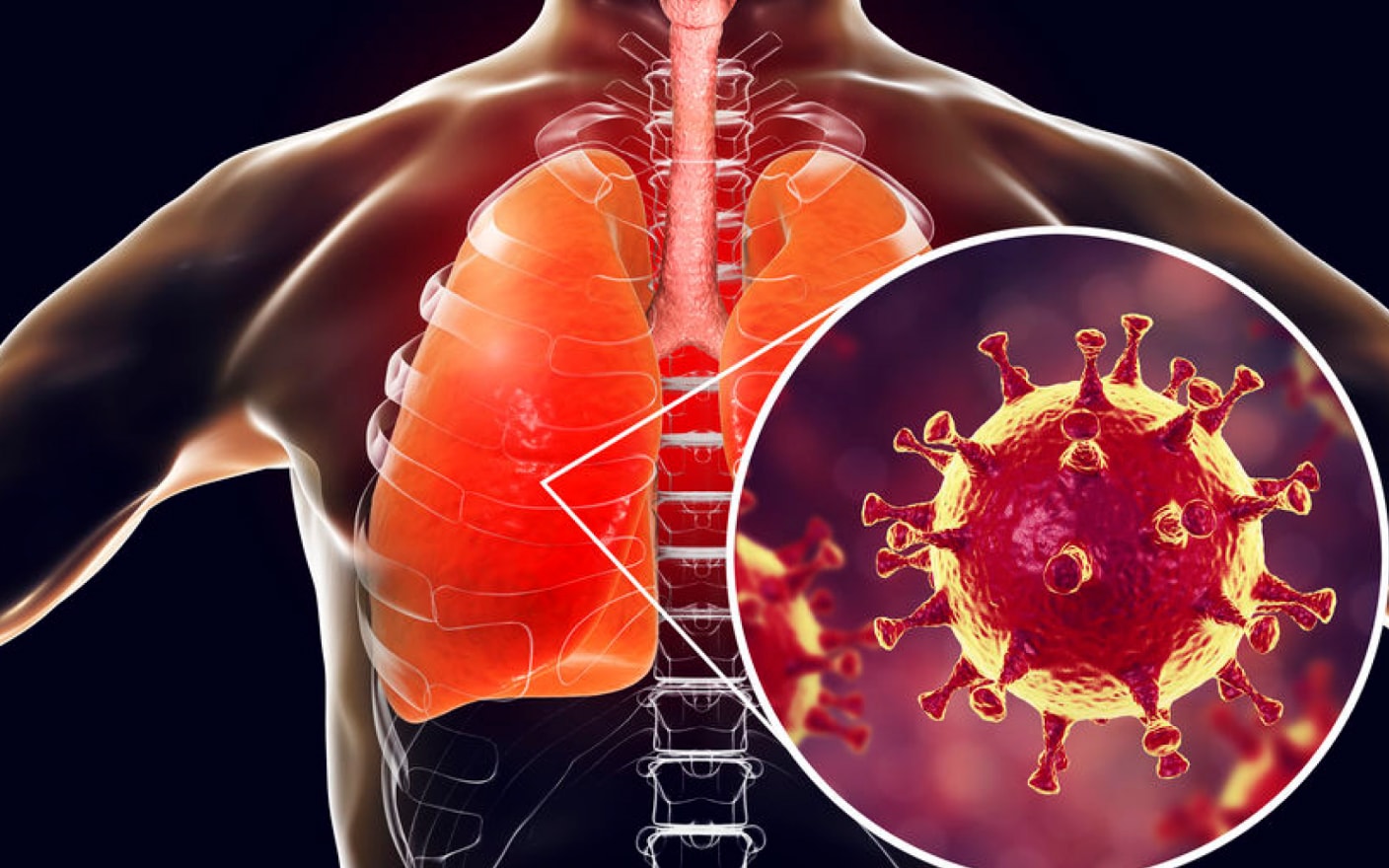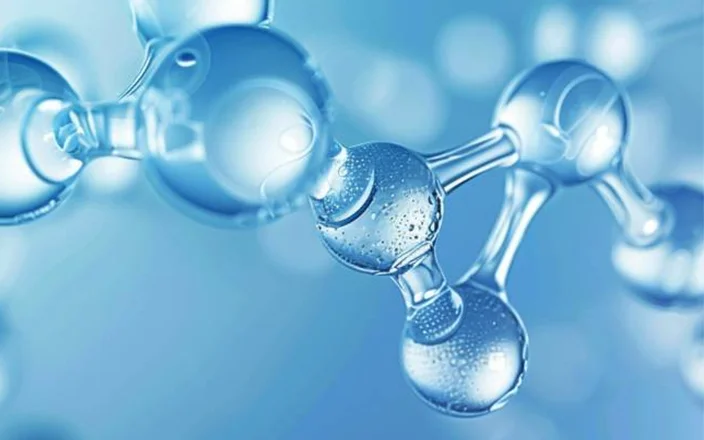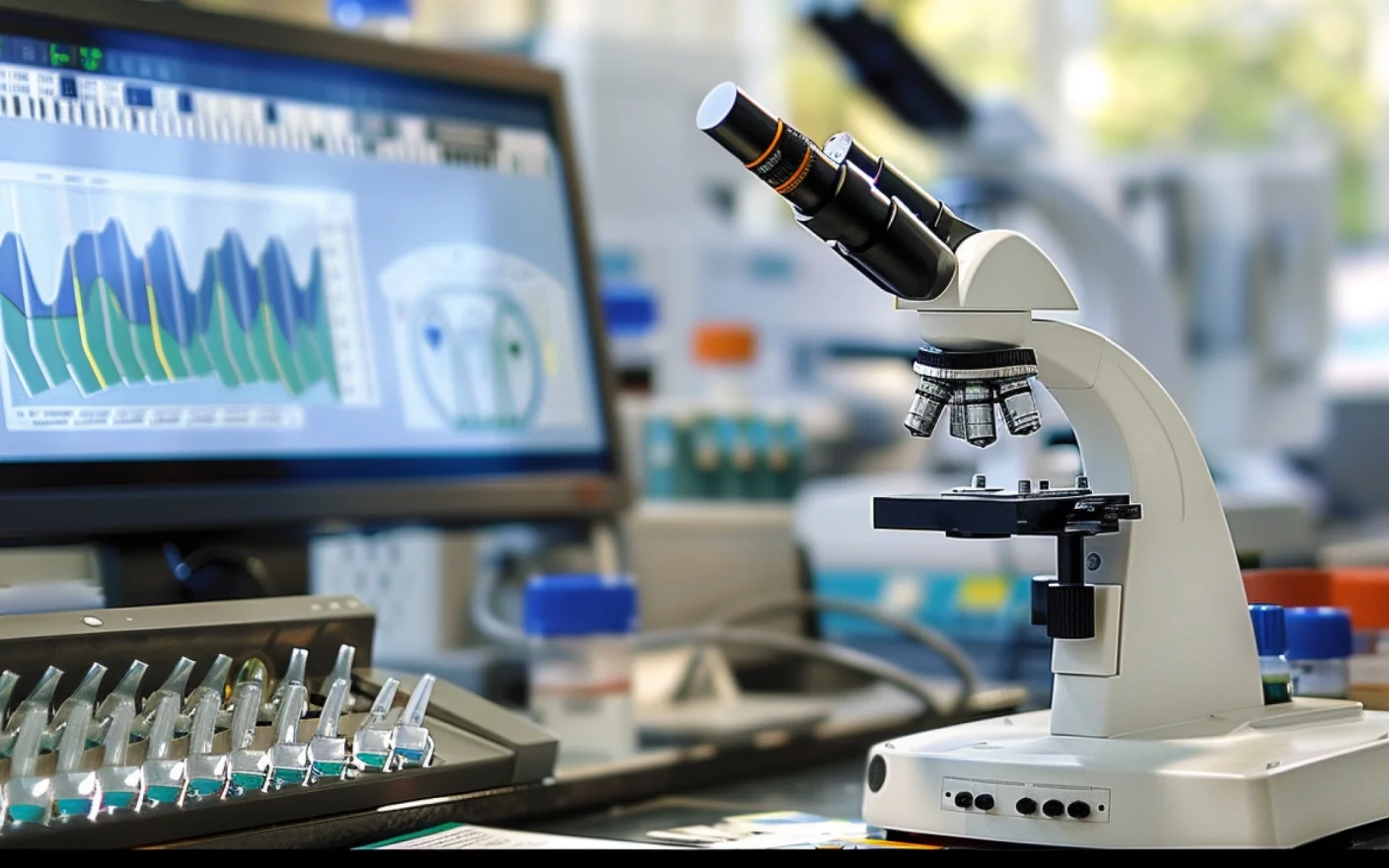The Investigational New Drug (IND) application and New Drug Application (NDA) are critical steps in delivering safe and effective drugs to patients who need them. Any setbacks at either stage can cost developers and sponsors time and money, making it essential to understand the intricacies of both processes.
Compiling a thorough IND submission
An IND application is submitted before clinical trials in humans begin. At this stage, developers lack clinical data, so they must focus on presenting a package of preclinical data that assures regulatory bodies the drug is safe for human trials.
This package includes the drug’s pharmacology and toxicology profiles, any available chemistry, manufacturing, and controls (CMC) information, and other data. Researchers usually gather data from several species at this stage.
In the United States, regulators review an IND application within 30 days, assessing whether participants in an early-stage clinical trial would face “unreasonable risk of significant illness or injury.” They also check if the study is structured to achieve its goals. If an IND submission fails to demonstrate the safety of a clinical study, it can be placed on hold by regulators pending a more detailed review. Data from the National Center of Biotechnology Information indicate that U.S. regulators placed 9% of submissions on a clinical hold from October 2020 to September 2021.
To help developers avoid costly delays caused by clinical holds, U.S. regulators provide two opportunities for sponsors to receive feedback before submitting an IND application.
Interact Meeting: Known as an Initial Targeted Engagement for Regulatory Advice on CBER/CDER Products, this meeting is for sponsors who have conducted initial preclinical proof-of-concept studies and typically occurs before toxicology studies.
Pre-IND Meeting: These meetings allow sponsors to gain insight and feedback on their drug development programs, especially when they have inquiries not covered by guidance documents. The main objective of a pre-IND meeting is to discuss and receive feedback on planning preclinical studies, designing an IND study, and the quality controls needed to begin human trials. This is a crucial opportunity for developers to ensure they craft thorough IND submissions and reduce the risk of a clinical hold.
Embarking on clinical trials
Once the IND application is approved, the sponsor can begin early-stage clinical trials. The drug progresses through increasingly larger trials until enough data is collected to support the NDA submission. Phase 1 trials involve small groups of 20-80 healthy volunteers focusing on the drug’s safety, tolerability, and pharmacokinetic (PK) and pharmacodynamic (PD) profiles. Phase 2 expands to 100-300 patients who have the condition the drug is intended to treat, aiming to establish efficacy and optimal dose range. Phase 3 trials involve thousands of patients in clinical settings, designed to confirm the drug’s effectiveness and its risk-benefit profile in large populations.
Most drugs take about 10 years and hundreds of millions of dollars to complete Phase 3, after which sponsors can prepare their NDA submission package. This includes data from all three phases of clinical testing and a comprehensive data set. Once an NDA submission is made, regulators have 60 days to either reject it or agree to review it. The review process can take between six months and 15 months.
Toxicology’s vital role
In both IND and NDA submissions, toxicology studies are essential. They provide a cornerstone of understanding a drug’s safety profile, supporting the initial IND submission to ensure the drug won’t cause significant harm in clinical trials. Toxicology studies are then expanded, providing insight into long-term effects, reproductive toxicity, and carcinogenicity.
If drug developers lack the required experience and expertise to conduct effective and informative toxicology testing in-house, they are best served by engaging with a trusted laboratory partner.
A final word
Taking a new drug from preclinical studies to an IND submission, through clinical trials, and finally to an NDA submission, requires time, resources, and patience. However, these efforts are worthwhile if the drug makes a meaningful difference in the lives of the patients it targets.
Regulatory bodies are increasingly focusing on patient-centric outcomes and real-world evidence, meaning sponsors may need to alter their approach to IND and NDA submissions in the future. Along with trends like personalized medicine, sponsors need to be vigilant and adaptable to bring their therapies to market efficiently and safely.
Committed to accelerating drug discovery and development, we offer a full range of discovery screening, preclinical development, and clinical drug metabolism and pharmacokinetic (DMPK) platforms and services. With research facilities in the United States (New Jersey) and China (Shanghai, Suzhou, Nanjing, and Nantong), 1,000+ scientists, and over fifteen years of experience in Investigational New Drug (IND) application, our DMPK team at WuXi AppTec are serving 1,600+ global clients, and have successfully supported 1,500+ IND applications.
Talk to a WuXi AppTec expert today to get the support you need to achieve your drug development goals.
Related Services and Platforms




-

 In Vitro ADME ServicesLearn More
In Vitro ADME ServicesLearn More -

 In Vivo PharmacokineticsLearn More
In Vivo PharmacokineticsLearn More -

 MetID (Metabolite Profiling and Identification)Learn More
MetID (Metabolite Profiling and Identification)Learn More -

 Radiolabeled In Vivo ADME StudyLearn More
Radiolabeled In Vivo ADME StudyLearn More -

 DMPK BioanalysisLearn More
DMPK BioanalysisLearn More -

 Physicochemical Property StudyLearn More
Physicochemical Property StudyLearn More -

 Permeability and Transporter StudyLearn More
Permeability and Transporter StudyLearn More -

 Drug Distribution and Protein Binding StudiesLearn More
Drug Distribution and Protein Binding StudiesLearn More -

 Metabolic Stability StudyLearn More
Metabolic Stability StudyLearn More -

 Drug Interactions StudyLearn More
Drug Interactions StudyLearn More -

 Rodent PK StudyLearn More
Rodent PK StudyLearn More -

 Large Animal (Non-Rodent) PK StudyLearn More
Large Animal (Non-Rodent) PK StudyLearn More -

 Clinicopathological Testing Services for Laboratory AnimalsLearn More
Clinicopathological Testing Services for Laboratory AnimalsLearn More -

 High-Standard Animal Facilities and Animal WelfareLearn More
High-Standard Animal Facilities and Animal WelfareLearn More -

 Preclinical Formulation ScreeningLearn More
Preclinical Formulation ScreeningLearn More -

 In Vitro MetID (Metabolite Profiling and Identification)Learn More
In Vitro MetID (Metabolite Profiling and Identification)Learn More -

 In Vivo MetID (Metabolite Profiling and Identification)Learn More
In Vivo MetID (Metabolite Profiling and Identification)Learn More -

 Metabolite Biosynthesis and Structural CharacterizationLearn More
Metabolite Biosynthesis and Structural CharacterizationLearn More -

 Metabolites in Safety Testing (MIST)Learn More
Metabolites in Safety Testing (MIST)Learn More -

 Radiolabeled MetID (Metabolite Profiling and Identification)Learn More
Radiolabeled MetID (Metabolite Profiling and Identification)Learn More -

 Radiolabeled Non-Clinical In Vivo ADME StudyLearn More
Radiolabeled Non-Clinical In Vivo ADME StudyLearn More -

 Quantitative Whole-body Autoradiography (QWBA)Learn More
Quantitative Whole-body Autoradiography (QWBA)Learn More -

 Human Radiolabeled Mass Balance StudyLearn More
Human Radiolabeled Mass Balance StudyLearn More -

 Radiolabeled Compound SynthesisLearn More
Radiolabeled Compound SynthesisLearn More -

 Novel Drug Modalities BioanalysisLearn More
Novel Drug Modalities BioanalysisLearn More -

 Small Molecules BioanalysisLearn More
Small Molecules BioanalysisLearn More -

 Bioanalytical Instrument PlatformLearn More
Bioanalytical Instrument PlatformLearn More
Stay Connected
Keep up with the latest news and insights.



